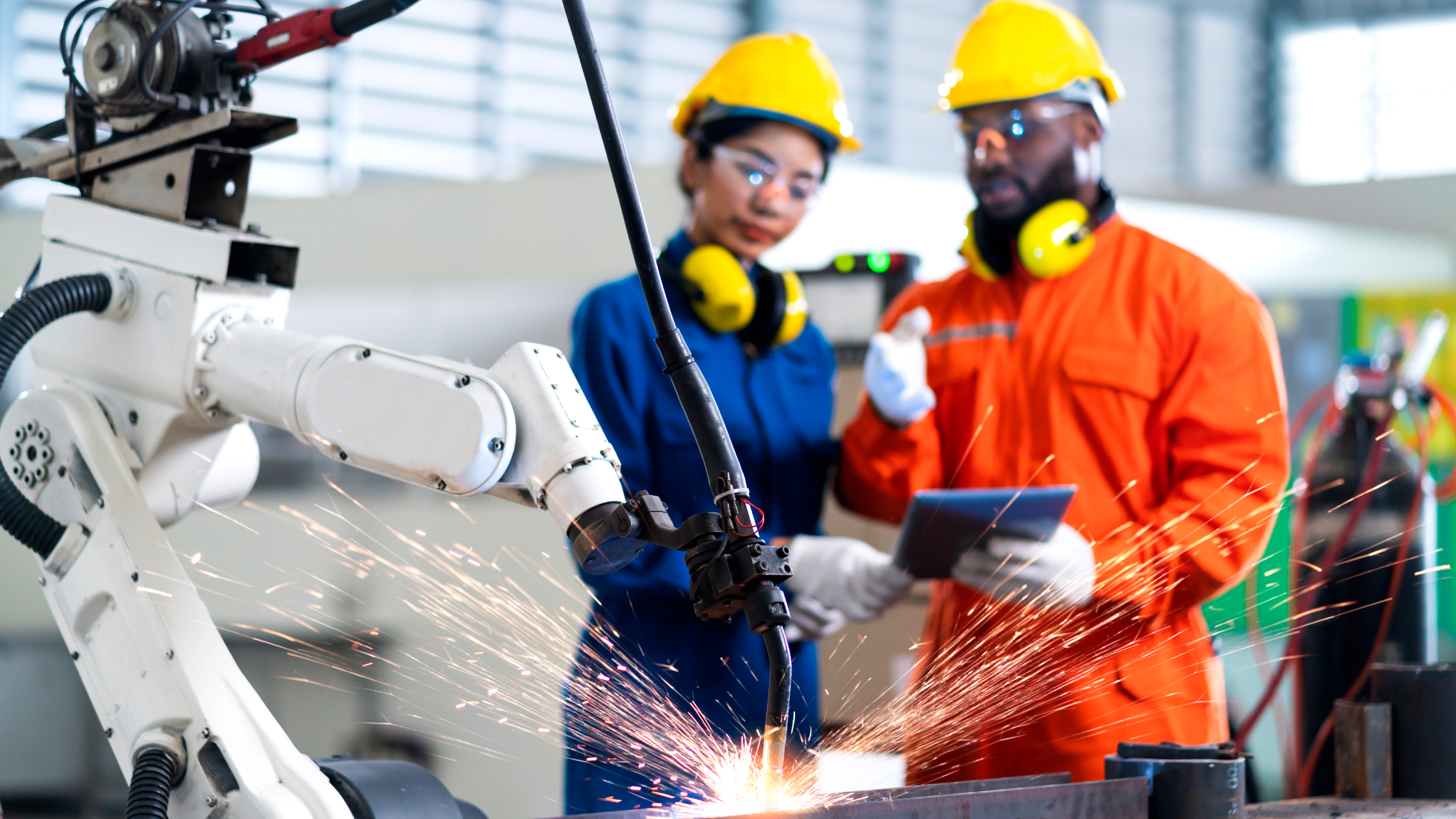The impact of automation on your team performance
5 min | Travis O'Rourke | Article | | Technology

In a world increasingly driven by technological innovation, automation has emerged as a transformative force in the workplace. Modern organizations are embracing task automation and artificial intelligence (AI) not only to increase efficiency but also to improve the quality of human work. As this trend continues to grow, it is crucial for leaders to understand how automation can be used to improve team performance and contribute to organizational success.
The use of task automation and AI in the workplace is becoming increasingly common.
Task automation refers to the use of technology to execute processes or procedures without human intervention. This includes everything from simple systems, such as email programming, to more complex technologies, such as robots programmed to perform specific activities on an assembly line. Artificial intelligence, in turn, is a facet of automation that involves machines capable of performing tasks that normally require human intelligence, such as making decisions, recognizing patterns, and learning from past experiences.
The rise of automation in the world of work is driven by several factors. Economically, automation can lead to substantial reductions in operating costs, as well as increased production and accuracy. From the worker's perspective, automation frees people from repetitive and mentally taxing tasks, allowing them to focus on more strategic and creative activities.
Professionals at all levels can benefit significantly from automation. By taking over bureaucratic and routine tasks, automation frees workers to focus on the aspects of their jobs that add the most value. This not only increases job satisfaction, but also enables skill development in more complex and interpersonal areas. Automation can also help reduce stress and work overload, thus improving overall well-being and work efficiency.
Despite its benefits, implementing automation and AI in the corporate environment comes with its challenges. Issues of data privacy, cybersecurity, and the impact on the work itself are major concerns. In addition, the need to reskill or upskill or relocate workers affected by automation is an important consideration for companies looking to integrate these technologies responsibly.
How to strategically implement task automation?
Much more than implementing task automation, it is critical to use these tools strategically. Here are some tips from our experts:
- Assess needs and set clear goals: Before implementing automated solutions, it is critical for you as leaders to assess the specific needs of their team and set clear goals for what they hope to achieve with automation.
- Choose the right tools: Not all automation solutions are suitable for all types of work. It is crucial to select tools that align well with the operational and cultural needs of the team.
- Empower and train your team: Implementing new technologies can be intimidating for some employees. Provide adequate training and foster a culture of continuous learning to help staff adapt to new tools.
- Monitor and adjust: Automation should be continuously monitored to ensure it is meeting its intended objectives. Be open to adjusting as needed to optimize team performance.
- Promote a culture of innovation: Encourage staff to think about how automation can be better utilized in their own tasks. This not only promotes innovation, but also helps the team feel more involved in the change process.
Workplace automation is not just a passing trend, but a necessary evolution that has the potential to substantially transform the way we work. Understanding and effectively implementing automation can lead to more productive, creative, and satisfied teams. By embracing this technological transformation and strategically integrating it into daily operations, organizations not only improve team performance, but also position themselves as leaders in an increasingly digitized world. As such, we encourage leaders to view automation not as a replacement for human labor, but as a complement that leverages the talents and capabilities of their teams.
About this author
Travis O'Rourke
CCO, Hays Americas
Travis is a Marketing graduate from Fanshawe College and was the 2023 recipient of their Distinguished Alumni Award. He joined Hays after holding various leadership roles elsewhere in the Canadian staffing industry. Travis setup and established Hays' outsourced talent solutions business and played an integral role in building Hays’ temporary and contract divisions throughout Canada. Initially joining Hays with a deep background in Technology, he holds extensive cross functional knowledge to provide clients with talent solutions in Financial Services, Energy, Mining, Manufacturing, Retail, and the Public Sector.
